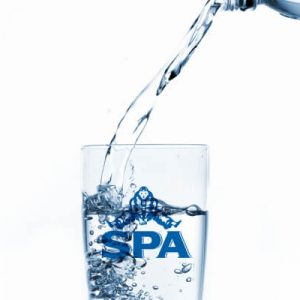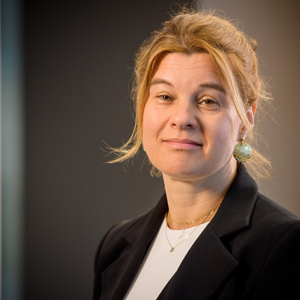
Spa Monopole’s SPA trademark has notched up yet another legal victory. It is not the first time that Spa Monopole has successfully contested the use of the word ‘spa’ by third parties for cosmetic products. Last December, the company once again confirmed its reputation as a successful enforcer of trademarks.
What was at play?
Spa Monopole contested a number of trademark applications by the health and beauty retailer Kruidvat (including SPA SECRETS and SENSE OF SPA), and this resulted in a court procedure in Ghent. Kruidvat claimed that the word ‘spa’ is a descriptive term for various cosmetic products (such as body lotion, shampoo, hand cream and oils). According to Kruidvat, ‘spa’ is synonymous with hydrotherapy institutions, hammams, wellness centres and all products used in those places. If proved correct, this would mean that all providers of these types of products should be able to use the word ‘spa’ freely. In response to Kruidvat’s claims, Spa Monopole demanded the prohibition of sales by Kruidvat of cosmetics under the SPA SECRETS and SENSE OF SPA brands.
What did the court decide?
A third-party trademark may be used for a company’s own product if that trademark is descriptive for the product in question. The court in Ghent noted that this rule should be interpreted in the strictest sense, and that it only applies if the descriptive term is used for a product that itself has characteristics described with the descriptive term. For Kruidvat’s claims to be successful under this approach, ‘spa’ needed to be a property or characteristic of cosmetics.
The court did not agree with Kruidvat’s claim and decided that SPA SECRETS and SENSE OF SPA are entirely fanciful names that do not provide any description to consumers of the cosmetics in question, meaning the ‘spa’ element cannot be applied freely.
Even though the court acknowledged that ‘spa’ may be descriptive for wellness services, this does not apply to cosmetic products, especially when those products – as is the case with Kruidvat’s cosmetics – are used in a domestic setting as opposed to in wellness centres. In brief, cosmetics cannot simply be equated with wellness services.
What happened next?
Following this decision, the roles were reversed and the court tested whether Kruidvat was in breach of Spa Monopole trademarks with its use of SPA SECRETS and SENSE OF SPA. Thanks in part to the wide awareness of SPA, Spa Monopole was successful in its counterclaims, and Kruidvat’s justification was rejected.
Is SPA untouchable?
It certainly is starting to look that way. At the same time, Spa Monopole’s protection is somewhat limited, because even the Belgian courts are starting to acknowledge (albeit carefully) that ‘spa’ is descriptive for wellness services. Could this case have had a different result in the Netherlands? Absolutely, because in general, the Dutch courts take a stricter approach on trademarks that may be descriptive.

